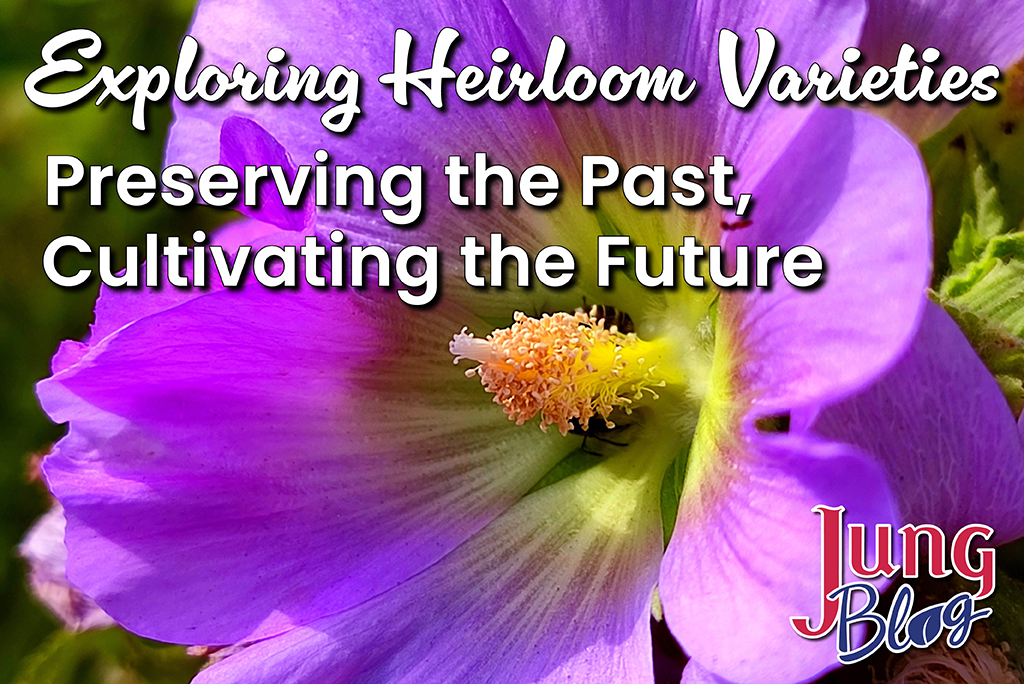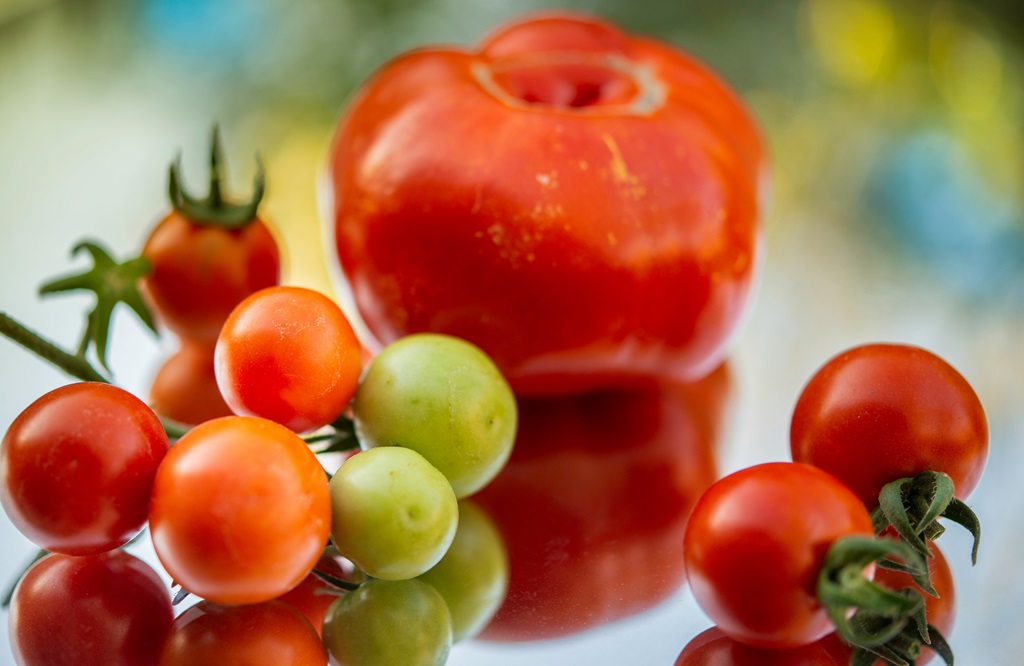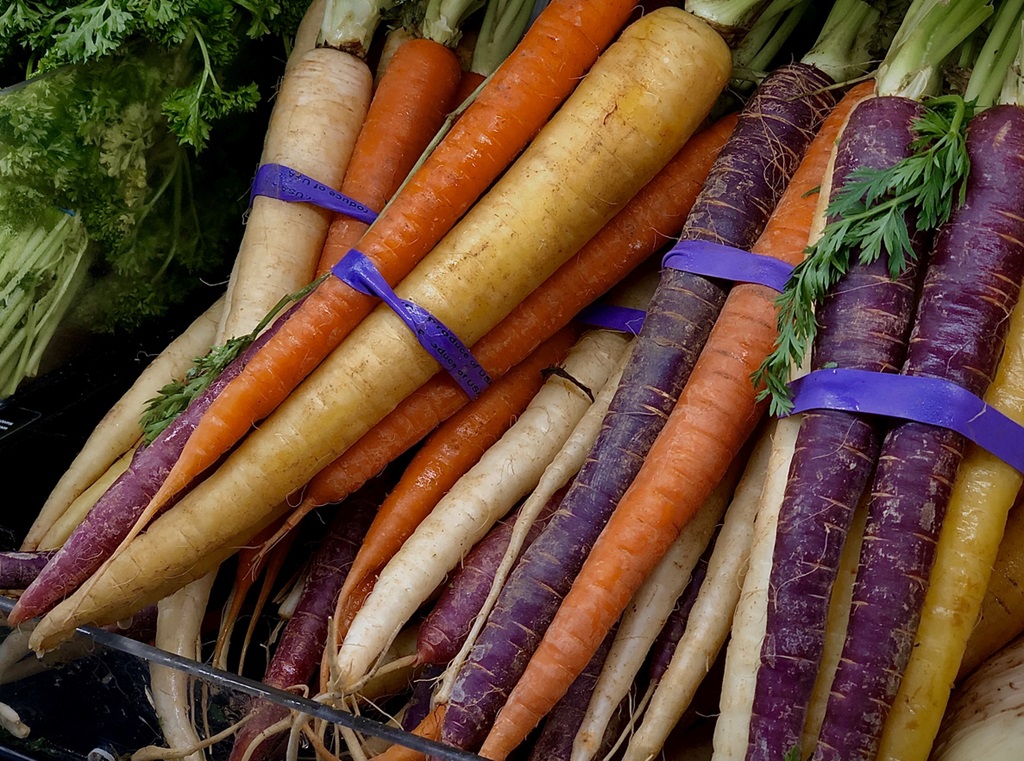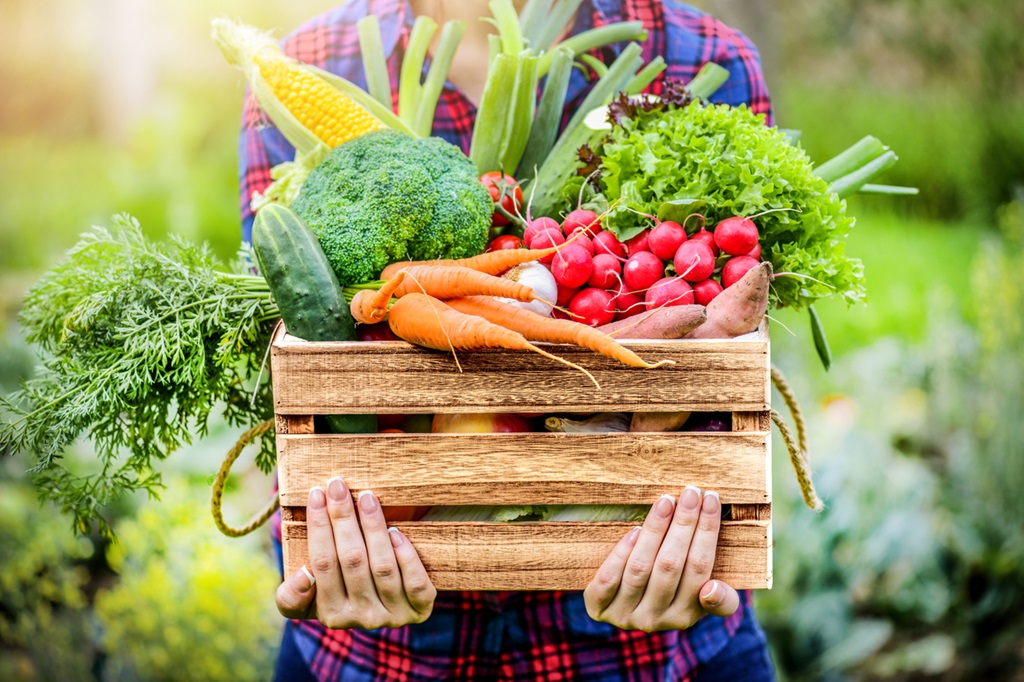
The cultural and scientific significance of heirloom plants was highlighted last year when five varieties of seeds, safeguarded for almost 200 years by Choctaw citizens, were sent on a mission to space to help researchers understand how they might adapt to growing in very different conditions. Having been passed down through several generations with little or no intentional modification, the seeds of heirloom varieties of plants are highly valued for their long history and genetic purity. Gardeners who choose to nurture heirloom seeds can enjoy the unique appearance and qualities of old varieties of herbs, flowering annuals, and vegetables. Tomatoes are a popular choice for a traditional kitchen garden or patio planter as, like other heirloom varieties, they have adapted to their surroundings and are more likely to grow into plants free of disease and disorder. As well as all these benefits, heirloom varieties help to protect the rich heritage of ancient seeds and preserve the biodiversity of older, open-pollinated plants.
Adding Vibrancy to Homes and Gardens

With names as colorful as their fruit, heirloom tomatoes are commonly chosen over their more commercial counterparts by gardening enthusiasts. When plant varieties are preserved, sometimes for hundreds of years, it is because their flavor and appearance are enhanced and they are perfectly adapted to their local climate and soil of a vegetable plot. However, even without an outdoor kitchen garden, tomato varieties from the large Cherokee Purple to the trailing Black Cherry can be kept and grown indoors where the plants will thrive in warmer temperatures. Bringing nature into the home, dwarf tomatoes are perfect for growing in pots on a sunny windowsill, and, where floor and counter space is limited, colorful trailing varieties look attractive in plant hangers. Heritage seeds are readily available and cost no more than regular seeds but whether they are bought from a garden center or handed down by a relative they add interesting colors, tastes and a sense of history wherever they are grown.
Bringing the Past to Life

Heirloom seeds and plant varieties are so named due to having existed for at least 50 years, sometimes collected and passed down through several generations of one family. Heirloom varieties are naturally cross pollinated by insects, birds or the wind but none are deliberately modified. It is this purity that gives regularly grown vegetables their full-bodied flavor and unique characteristics. As well as bold and colorful tomatoes, heirloom growers can enjoy the tastier and tender blossom buds of purple sprouting broccoli or nurture a rainbow of carrot colors from Lunar White to Atomic Red. These familiar vegetables are commonly grown from heirloom seeds but other plants such as herbs and flowering annuals also come in heirloom varieties. In addition to displaying rare and unusual colors, roses also tend to be larger with a stronger fragrance and, when they are grown from seeds handed down through the generations, roses and all these other types of heirloom plants help gardeners to make a valuable connection with the past.
Preserving Diversity for the Future

As well as enjoying the unique appearance, enhanced flavor, and other distinctive traits of vegetables and flowers planted from heirloom seeds, gardeners can be proud that they are preserving the genetic diversity of open-pollinated plants. Heirloom seeds have developed over long periods of time to be perfectly suited to their native environment which means they cope well with regional weather conditions and are generally more resistant to local pests and diseases. Having survived for so long, it’s important to ensure that these seeds continue to be nurtured and enjoyed by future generations instead of being lost forever. In addition, continuing the tradition of heirloom seeds is regarded by scientific researchers as a vital step in maintaining the genetic diversity of food crops around the world.
Planting and growing heirloom seeds is a lovely way to keep the past alive in a garden. Even without much outdoor space, dwarf varieties of popular vegetables and flowers grow well on balconies, patios, or even indoors where they look attractive in pots or hanging baskets and bring the natural world inside. Through growing heirloom varieties, gardeners are also preserving the purity of these vibrant and hardy plants.
Other Recommended Reading

- Grow A Vertical Vegetable Garden
- How To Create A Rain Garden
- Shade Garden Design Ideas
- Easy Ways To Create A Mindful Garden From Scratch
- Balcony Gardening
At Jung Seed Co, we strive to be your go-to guide for all your gardening needs. Our YouTube channel The Garden Doctor by Dick Zondag is where he provides gardening tips for all levels of gardeners. When you need reliable gardening advice, turn to the trusted experts at Jung.
View our new catalog online or browse our website for your gardening favorites. To receive info on new products, exclusive deals, and specials, be sure to sign up for our weekly email. Join our Facebook page, to discuss all things gardening!
About the Author: If you are interested in writing an article for the Jung Blog email us at – info@jungseed.com.